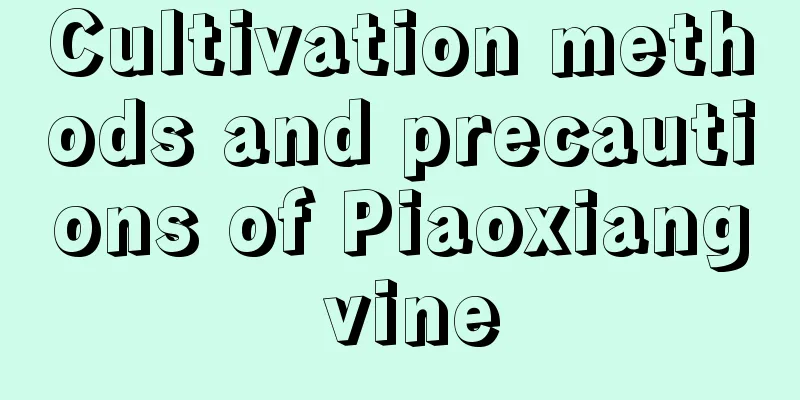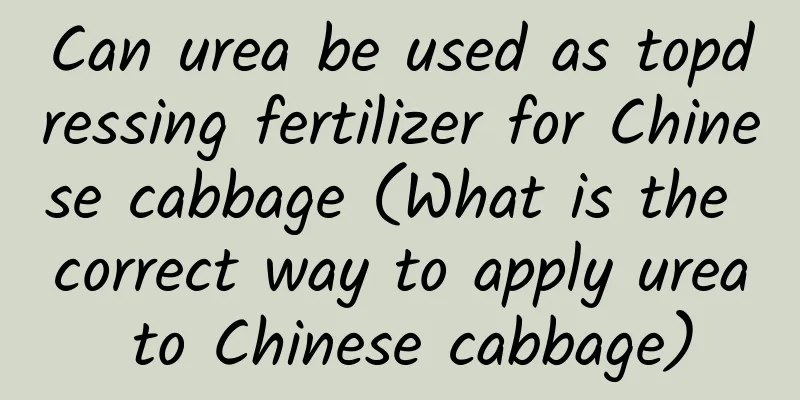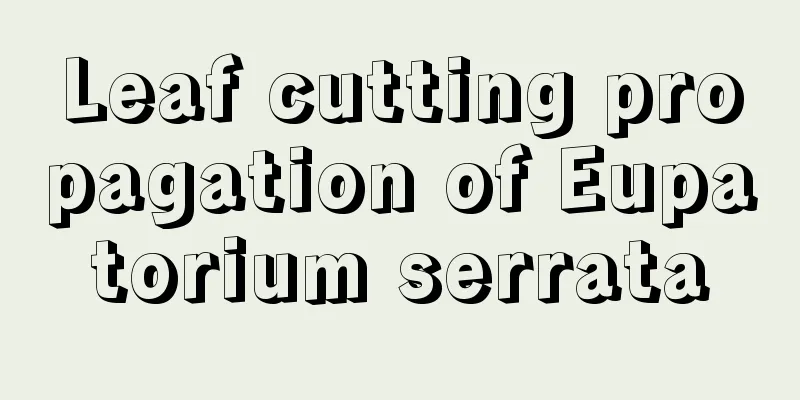Causes and treatments of spider silk yellowing leaves

1. The temperature is not suitableReason: The temperature of the spider silk growth environment should be between 15 and 25 degrees Celsius. If the temperature is higher than 25 degrees, excessive evaporation of water will occur and the leaf tips will turn yellow. If the temperature drops below five degrees, its growth will stop and the leaves will turn yellow. Measures: If the temperature is too high, just move it to a shady place for maintenance; if the temperature is too low, move it to a warm room. 2. Unsuitable soilReason: Spider silk plant should be grown in soil with good drainage and air permeability. If the soil is sticky, the roots will have difficulty absorbing nutrients, which will lead to yellow leaves. Measures: The soil can be replaced with soil with good drainage, mixed with peat, perlite, etc. In addition, you can also spread some clean river sand on the soil surface to enhance air permeability. 3. Improper wateringReason: Spider silk plant does not like a hot and humid environment, so it should not be watered too often. But as the temperature rises, you can increase the amount of watering. Control the frequency and amount of water. If you water too many times or there is too much water, it will cause yellow leaves. Measures: If it is because there is too much water in the soil, you need to remove the plant from the pot, cut off the rotten roots and replant it. Water the plant daily when you see the soil is completely dry, and make sure to water it thoroughly. 4. Insufficient nutrientsReason: Spider silk needs to be fertilized to provide sufficient nutrients to promote its growth. If nutrients are not replenished in time, their growth needs cannot be met. As the growth slows down, yellow leaves problems will also appear. Measures: Pay attention to timely fertilizer supplementation and apply thin fertilizer frequently. Fertilizer can be applied after the temperature stabilizes, mainly nitrogen fertilizer, supplemented with phosphorus and potassium fertilizers. |
<<: Causes and treatments for yellow leaves of bamboo cypress
>>: Causes and treatments of yellow leaves of pitcher plants
Recommend
What is the reason for Clivia root rot
1. Too much watering Clivia does not require a lo...
What is the best month for cuttings of Longzao?
Longzao cutting time The time for cuttings of Lon...
Advantages and disadvantages of Pinka climbing rose
Pink climbing rose is a climbing rose and the mos...
How to fertilize pine red plum
1. Fertilization frequency of pine red plum Pine ...
How to grow agave
1. Breeding environment (1) Soil: It is best to c...
How to graft peach trees (time + diagram)
Peach trees are highly adaptable and can grow in ...
Can hydroponic gardenia be grown in soil?
1. Can it be transferred to soil cultivation? Gar...
How to eat passion fruit
How to eat passion fruit Method 1: Fresh food Use...
He uses the garbage that is thrown away after one use to grow flowers, saving a lot of money
Disposable lunch box 1. Use disposable lunch box ...
The difference between Osaka pine and golden five-needle pine
1. The difference between leaves Osaka pine is on...
How to make water plants take root quickly
How to quickly root aquatic plants Before graftin...
These “4 kinds” of New Year flowers are must-grow, and they will bloom and be beautiful at home, making the New Year atmosphere more intense!
1. Good fortune As the name of the flower suggest...
What fertilizer is good for taro topdressing?
Time for topdressing taro The amount and frequenc...
What is rice?
1. What is It is an annual plant of the Poaceae f...
Functions and effects of Kalanchoe
Beautification and ornamental effect Kalanchoe is...









